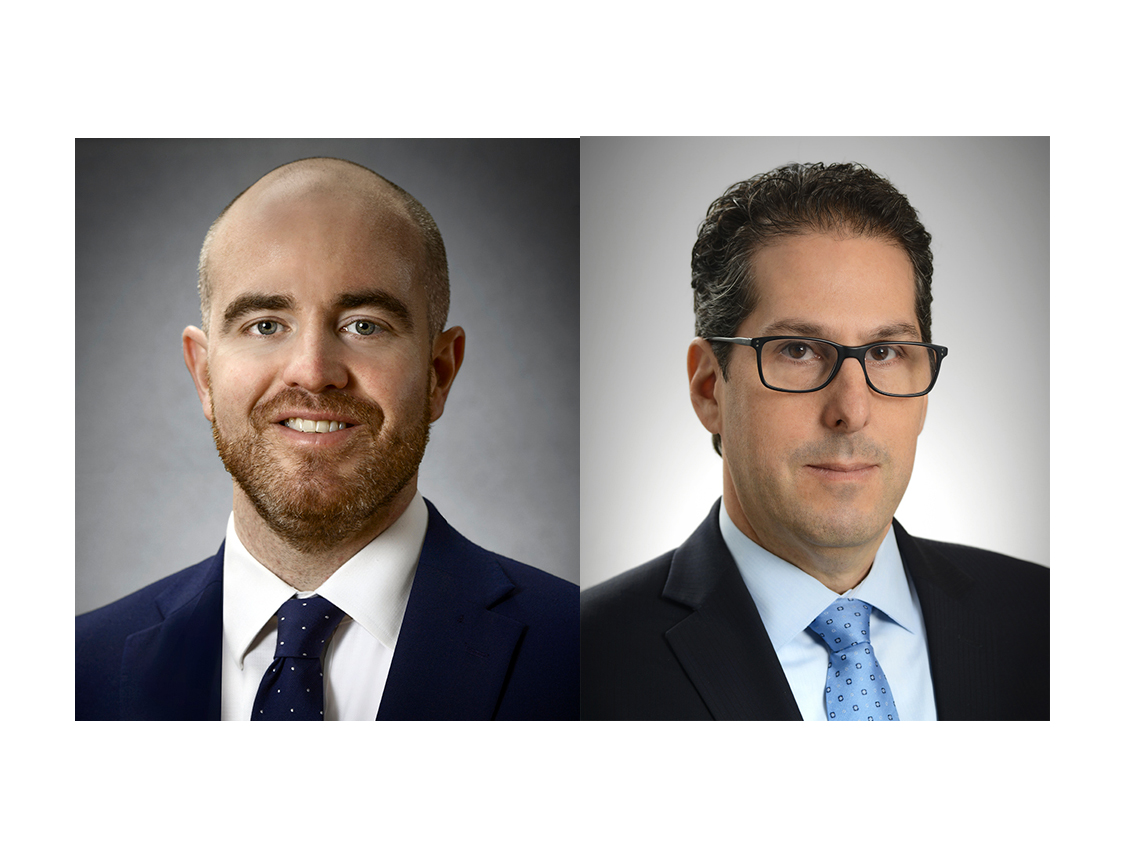Search & Filter
Search
Topic
Region
Audience
Post Type
What to Do When Work Stops: A CPA’s Perspective on Stop-Work Orders
By Benjamin H. Bloom and Steven D. Graf of Ellin & Tucker…
Why the Basel Accords Matter . . . RIGHT NOW
By Stefan Engelhardt of NASBP Member CAC Specialty Originally published June 16,…
Changes to the Administrative False Claims Act Pave the Way to the Likelihood of Increased Enforcement
By Arthur Tergesen and Brian D. Waller of Peckar & Abramson, P.C.…




